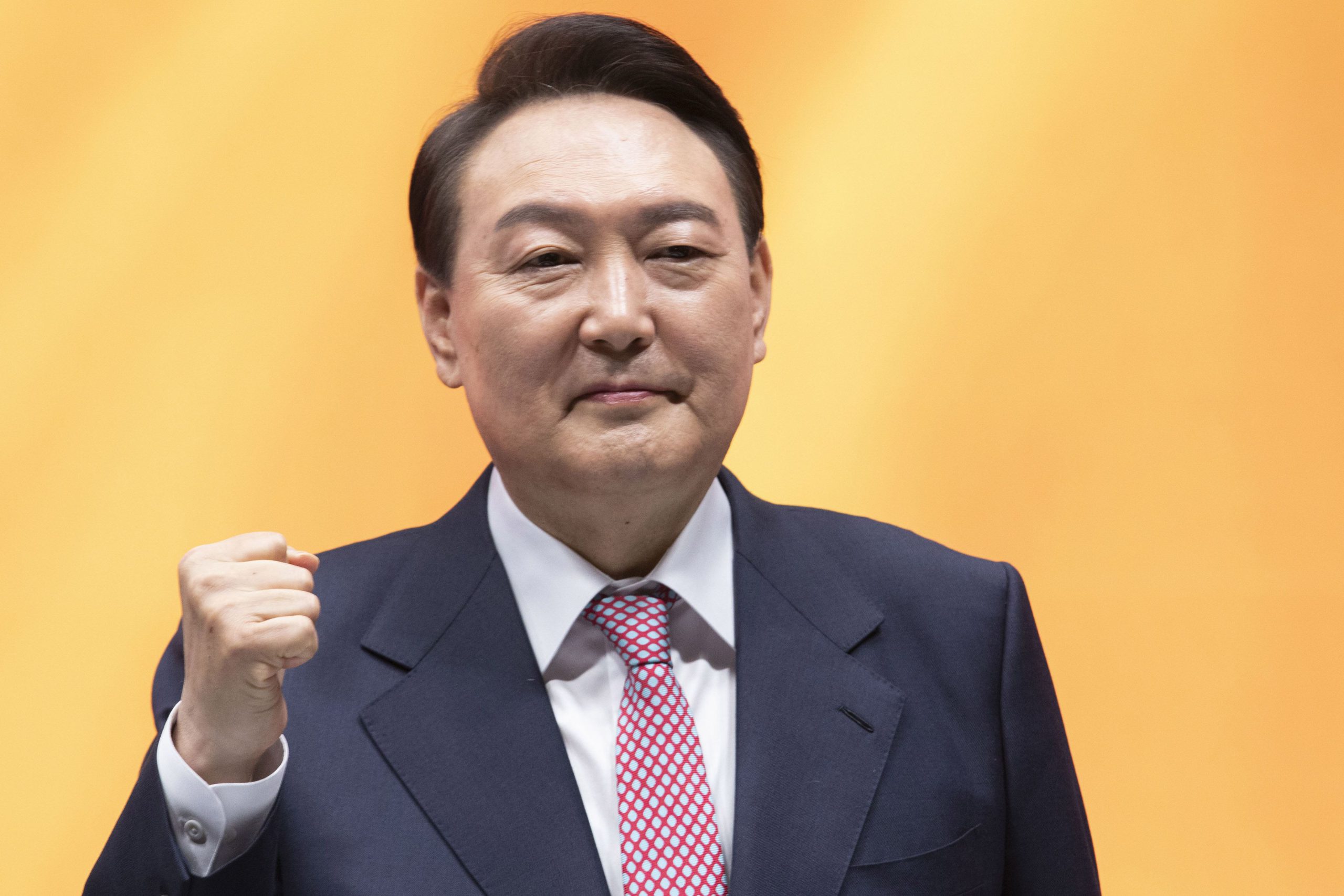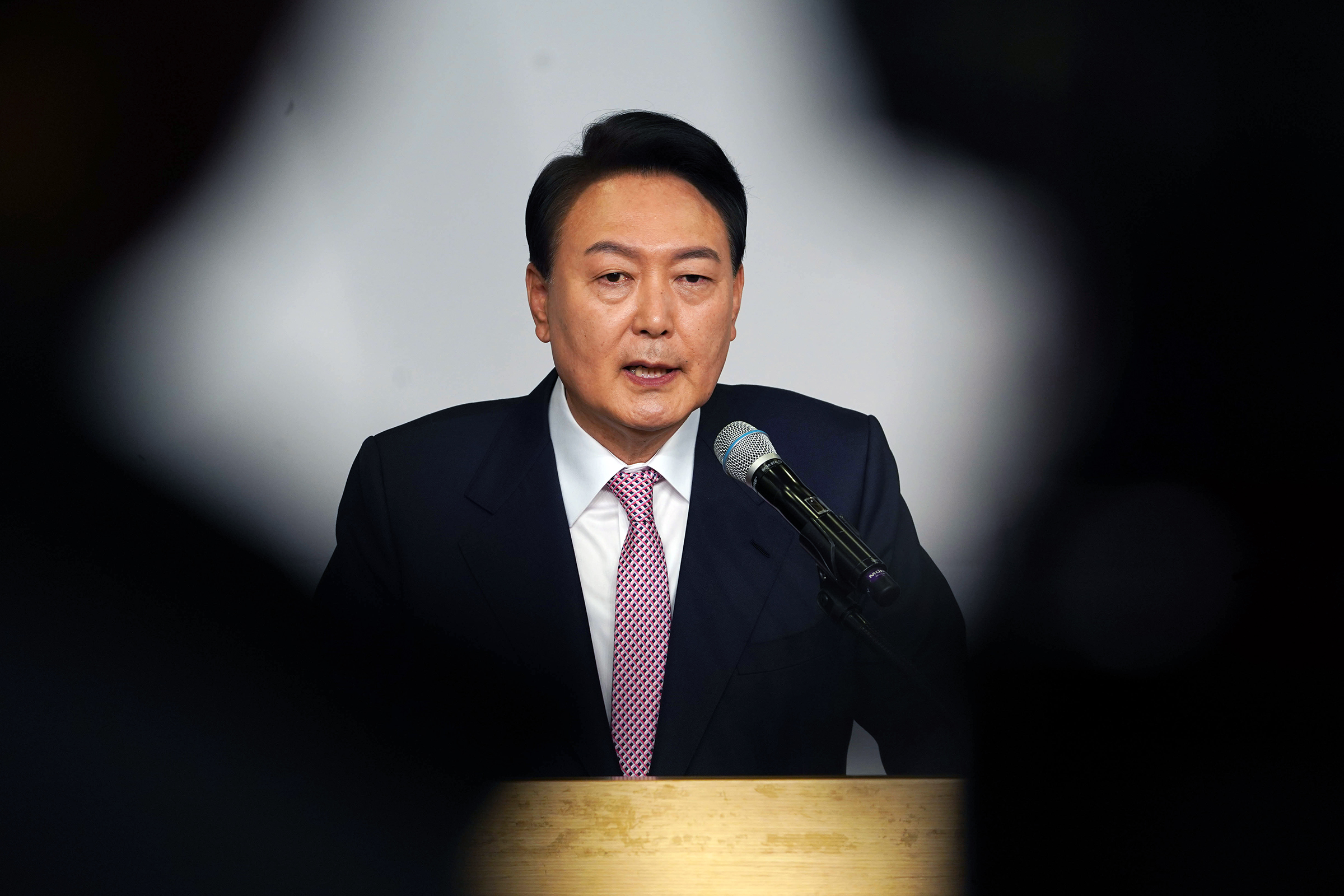Presiden Korea Selatan: A Guide to the Leaders of the "Miracle on the Han River"
South Korea has emerged as an economic powerhouse and global leader over the past few decades, and its presidents have played a crucial role in this remarkable transformation. From Park Chung-hee, the father of the "Miracle on the Han River," to Moon Jae-in, the peacemaker, South Korean presidents have left an indelible mark on the nation's history.
The Park Chung-hee Era: Laying the Foundation
Park Chung-hee is widely regarded as the architect of South Korea's economic miracle. Through his autocratic rule, Park implemented a series of industrial policies that fostered rapid economic growth and transformed South Korea into an export-oriented powerhouse. His policies, known as the "Park Chung-hee Doctrine," emphasized heavy industry, export promotion, and state-directed development. Under Park's leadership, South Korea's GDP grew by an average of 9.7% annually, laying the foundation for the nation's future prosperity.
The Chun Doo-hwan Era: Consolidation and Repression
Chun Doo-hwan, a military general, seized power through a military coup in 1979. His regime was marked by authoritarian rule and suppression of dissent. However, Chun also continued Park's economic policies and worked to modernize South Korea's infrastructure. During his tenure, the Seoul Metro was constructed, and South Korea hosted the 1988 Summer Olympics, showcasing the nation's growing economic and political clout.
The Roh Tae-woo Era: Democratic Transition
Roh Tae-woo, another military general, succeeded Chun Doo-hwan and is credited with overseeing the transition to democracy in South Korea. Facing popular demands for political reform, Roh introduced direct presidential elections and other democratic measures. He also promoted economic growth and established diplomatic relations with the Soviet Union and China. Roh's presidency marked a turning point in South Korean history, as it signaled the end of military rule and the beginning of a new era of democratic governance.
| President | Term | Major Achievements |
|---|---|---|
| Park Chung-hee | 1961-1979 | Economic miracle, industrialization |
| Chun Doo-hwan | 1980-1988 | Consolidation, infrastructure development |
| Roh Tae-woo | 1988-1993 | Democratic transition, diplomatic relations |
| Kim Young-sam | 1993-1998 | Anti-corruption campaign, economic liberalization |
| Kim Dae-jung | 1998-2003 | Sunshine policy, Nobel Peace Prize |
| Roh Moo-hyun | 2003-2008 | Welfare programs, North-South engagement |
| Lee Myung-bak | 2008-2013 | Economic growth, free trade agreements |
| Park Geun-hye | 2013-2017 | Welfare reforms, diplomatic initiatives |
| Moon Jae-in | 2017-2022 | Sunshine policy 2.0, North-South summits |
| Yoon Suk-yeol | 2022-present | Judicial reform, economic recovery |
The Kim Young-sam Era: Anti-Corruption and Economic Liberalization
Kim Young-sam, a former dissident and opposition leader, became president in 1993. His tenure was marked by efforts to combat corruption and promote economic liberalization. Kim launched a "real-name financial reform" campaign that targeted illicit wealth and corruption by requiring citizens to use their real names in financial transactions. He also implemented economic policies that allowed greater foreign investment and reduced government intervention in the economy.
The Kim Dae-jung Era: The "Sunshine Policy" and Nobel Peace Prize
Kim Dae-jung, a human rights activist and former opposition leader, became president in 1998. His signature policy was the "Sunshine Policy," which aimed to improve relations with North Korea through dialogue and engagement. Kim's efforts earned him the Nobel Peace Prize in 2000. During his presidency, South Korea also joined the Organization for Economic Cooperation and Development (OECD).
The Roh Moo-hyun Era: Welfare Programs and North-South Engagement
Roh Moo-hyun, a former human rights lawyer, became president in 2003. He implemented a number of welfare programs to reduce inequality and improve the lives of ordinary citizens. Roh also continued Kim Dae-jung's Sunshine Policy and held two summits with North Korean leader Kim Jong-il. However, North Korea's nuclear program remained a source of tension during his presidency.
The Lee Myung-bak Era: Economic Growth and Free Trade Agreements
Lee Myung-bak, a former CEO, became president in 2008. He focused on economic growth and implemented a number of free trade agreements. Under Lee's leadership, South Korea's GDP grew at an average of 4.2% annually. He also strengthened ties with the United States and China and played a key role in the G20 summit.
The Park Geun-hye Era: Welfare Reforms and Diplomatic Initiatives
Park Geun-hye, the daughter of Park Chung-hee, became the first female president of South Korea in 2013. She implemented a number of welfare reforms and promoted diplomatic initiatives. Park's presidency was also marked by the Sewol ferry disaster in 2014, which killed over 300 people, mostly high school students. She was later impeached and removed from office in 2017 due to a corruption scandal.
The Moon Jae-in Era: Sunshine Policy 2.0 and North-South Summits
Moon Jae-in, a former human rights lawyer, became president in 2017. He relaunched the "Sunshine Policy 2.0" to improve relations with North Korea and held three summits with North Korean leader Kim Jong-un. Moon also played a key role in hosting the 2018 Winter Olympics in Pyeongchang. However, North Korea's nuclear program remained a major challenge during his presidency.
The Yoon Suk-yeol Era: Judicial Reform and Economic Recovery
Yoon Suk-yeol, a former prosecutor, became president in 2022. He has vowed to implement judicial reform and has taken a hard line on North Korea. Yoon has also focused on economic recovery in the face of the COVID-19 pandemic and the global economic slowdown. His policies have included tax cuts, increased spending on infrastructure, and a focus on digital transformation.




